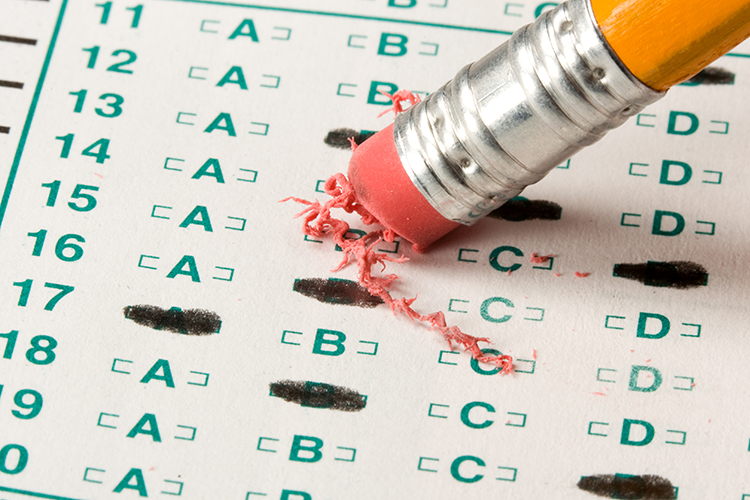Special Master: Judge Has Suffered Enough for Refusing Late Capital Appeal
A special master considering ethics charges against Texas’ highest criminal judge has blasted the Texas Defender Service and the media for embellishing the story of her refusal to keep the court open for a capital appeal.
The special master, District Judge David Berchelmann Jr., said Presiding Judge Sharon Keller of the Texas Court of Criminal Appeals could have been more open and helpful when she received a request in September 2007 to keep the court open to accept an appeal on behalf of death row inmate Michael Richard. The inmate was executed that evening.
Keller could have explained other avenues to present the claim—namely by submitting it to the judge assigned to the death penalty case, Berchelmann wrote in his findings of fact (PDF posted by the Texas Tribune). Berchelmann also said Keller’s judgment in refusing to keep the clerk’s office open to accept the appeal was “highly questionable.”
“Her conduct, however, does not warrant removal from office, or even further reprimand beyond the public humiliation she has surely suffered,” he wrote.
“Indeed, although Judge Keller’s actions did not help the situation, the majority of problems involving the Richard execution was the responsibility of the TDS,” the Texas Defender Service, Berchelmann said.
The Focal Point blog of the Austin American-Statesman and the Associated Press both covered Berchelmann’s recommendations.
Berchelmann concluded TDS had made several missteps. The agency didn’t consider a claim challenging constitutionality of lethal injection until two hours after the U.S. Supreme Court agreed to hear a case involving Kentucky’s three-drug procedure. A junior lawyer was assigned to draft the lethal injection papers while more senior lawyers focused on a mental retardation claim. And the agency failed to pursue other ways to file the lethal injection appeal, including filing the documents with the assigned appeals judge or by calling other judges on the court.
Berchelmann also criticized TDS and one of its lawyers, University of Houston law professor David Dow, for statements made in the media. Dow had blamed a computer crash for the late filing and criticized Keller, saying Richard got executed because the court “couldn’t be bothered to stay open 20 minutes late.” In reality, the only computer issue involved e-mail problems that prevented the sharing of files among lawyers, Berchelmann said. And the TDS was nearly an hour late, rather than 20 minutes tardy, with the completed filings.
“Much like a lot of the other allegations in this case, the ‘serious computer crash’ story seems to be an embellishment that was blown out of proportion in the media,” Berchelmann wrote.
“The TDS in essence tried this case through the media. The news articles and public outcry rendered a ‘verdict’ of guilty as charged. But much like the children’s game of telephone, the media’s reporting began with minor inaccuracies and became more and more embellished, leading to plainly false assumptions about Judge Keller’s role in the Richard execution. The TDS was the catalyst for this media and public groundswell of opposition against Judge Keller.”
Berchelmann has forwarded his findings to the State Commission on Judicial Conduct, according to Focal Point.
The Texas Defender Service criticized Berchelmann’s findings, the New York Times reports. “Shifting the responsibility to ensure access to justice away from the court and to TDS is akin to blaming a paramedic for a car crash victim’s injuries,” TDS said.
Updated on Jan. 21 to add the statement from the TDS.



